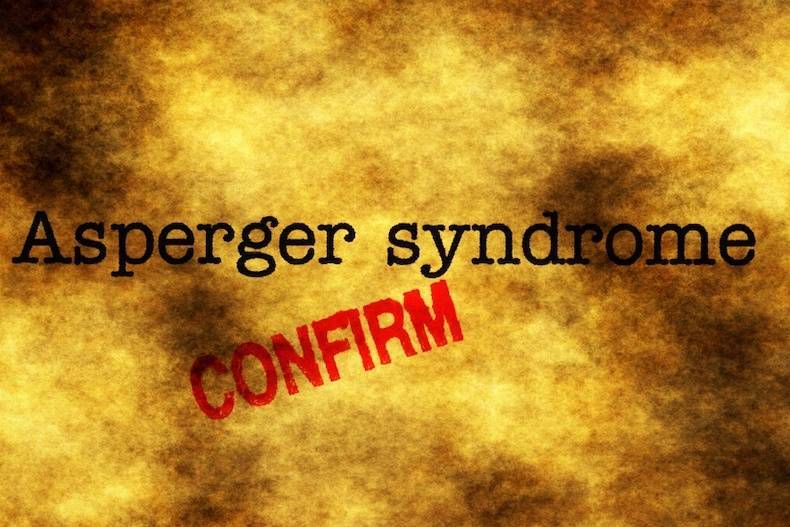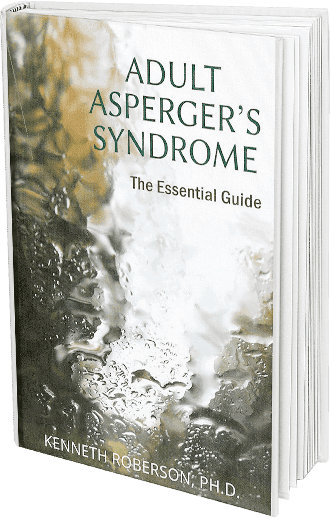
The holidays are supposed to be a time of festive cheer, fun, and family togetherness. But for many adults with Autism Spectrum Disorder (ASD), the holidays are instead occasions of unusual stress and strain. Here is what that stress is often about and what you can do to minimize it.
The Expectation for Socializing
There is considerable pressure during the holidays to spend time with family and friends, to be social and socially proficient, exactly what is difficult for almost all adults with Autism Spectrum Disorder. If you have trouble socializing, it would be wise for you to give yourself permission to be as disengaged as you need to, even knowing that this runs counter to the holiday spirit and the expectations of friends and loved ones.
I don’t make this recommendation lightly. The pressure to be with others during the holidays is embedded deeply in our culture and, thus, within each person. To do otherwise invites disapproval, not just by the larger society but by ourselves, the latter often being much harsher and punitive than the former. The eminent psychoanalyst Karen Horney referred to the list of ironclad rules about how we ought to act as the “tyranny of the shoulds.”
That said, expecting someone to do, and do well, exactly what they are not especially good at is a recipe for unhappiness. The historian Thomas Fuller wrote, “Good is not good, where better is expected.” Instead, we must meet people where they are at and expect what they are capable of. If socializing during the holidays is stressful for you (remember, you are not alone in this), then the best strategy is to minimize being around people even if this disappoints your friends and family.
Disruption of Routines
A need for strictly held routines is one of the primary characteristics of Autism Spectrum Disorder. Routines create a feeling of safety. They protect us from the unknown, create a sense of competency, minimize disruptive changes, reduce the number of decisions we have to make and give us a sense of control over ourselves and our environment.
People with Autism Spectrum Disorder tend to view the world, particularly their social world, as unpredictable, disruptive, and confusing, because they don’t understand it very well. Routines are what they do to cope with such uncertainty. Given the fact that holidays disrupt the normal flow of events, and I say this in a good, not a bad way, it is especially important for those with ASD to maintain their routines. Without them, disruption, deterioration, and disengagement are likely.
Avoiding over-indulgence, reaching out for extra support, exercising, accepting family members and friends as they are, and relaxing as much as possible are other suggestions, among others, that you can do to cope with holiday stress.
I emphasize maintaining routines and taking care not to over-socialize because they have more beneficial effects, in my opinion, than anything else someone with Autism Spectrum Disorder can do to cope with holiday stress. Also, concentrating on a few coping skills rather than trying to remember lots of things to do is easier to accomplish and generally more useful. If you will focus on avoiding too much socializing (too much being more than you are reasonably comfortable with) and maintaining your routines, other practical solutions to holiday stress will follow.
With some care and effort to carry on during the holidays how one is the rest of the year, these important moments can be as enjoyable as any other time. It’s a simple, perhaps self-evident, truth but a powerful one for sure.
That said…Happy Holidays!




